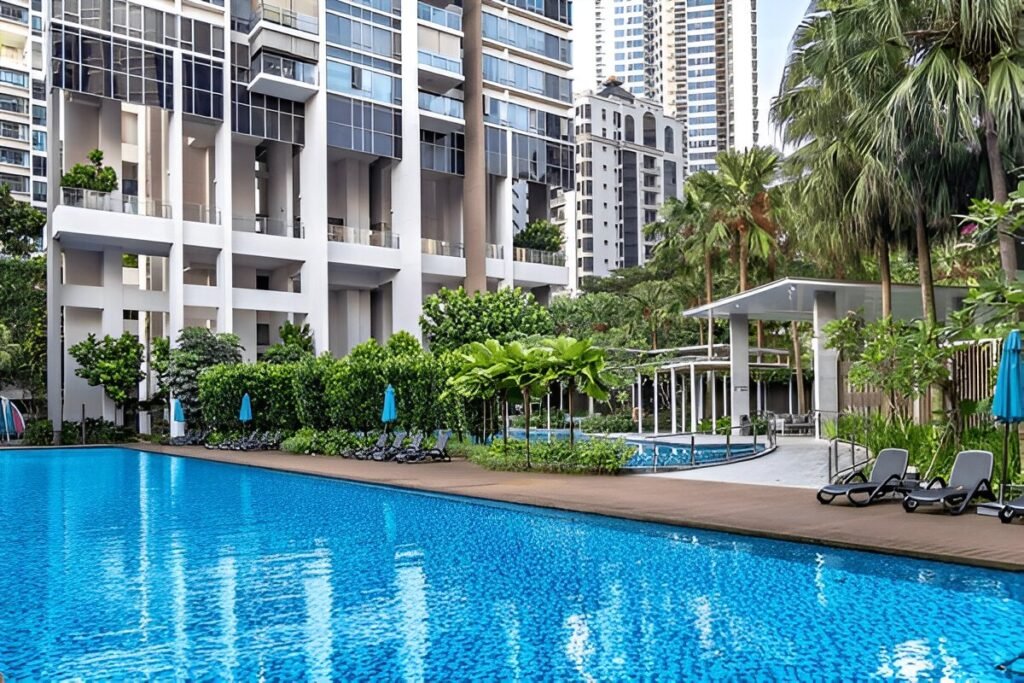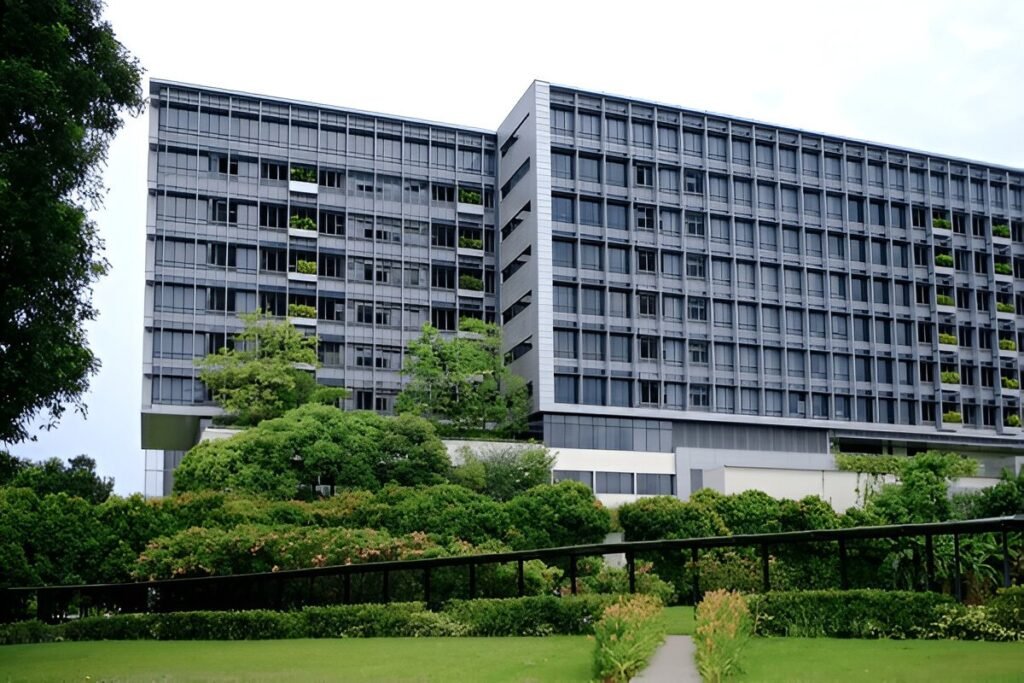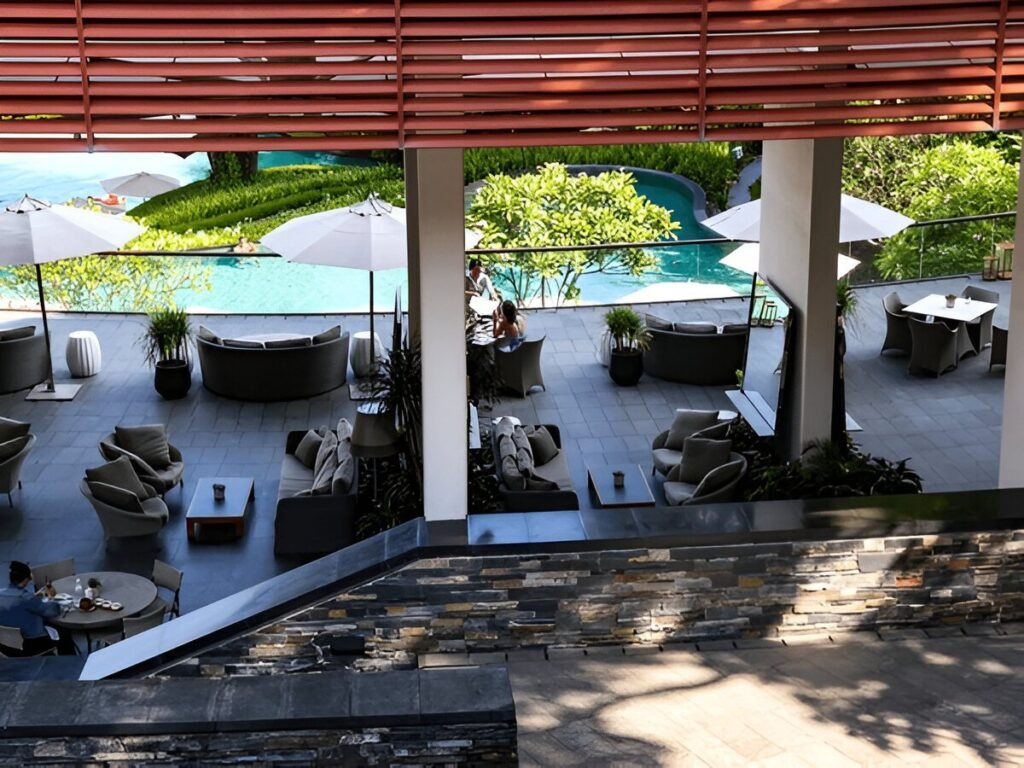Introduction
Singapore is a dynamic, multicultural city that attracts expats from all over the world. With its excellent infrastructure, world-class amenities, and a thriving job market, it offers a high quality of life. Whether you’re moving to Singapore for work, study, or a new adventure, understanding the essentials of living and exploring the city will make your transition smoother. This guide will provide you with everything you need to know about settling in and making the most of your time in Singapore.
1. Finding Accommodation

One of the first steps in moving to Singapore is finding a place to live. The city offers a range of housing options to suit different budgets and preferences.
- HDB Flats: These government-subsidized apartments are a cost-effective option for expats looking to integrate into local communities.
- Condominiums: Popular among expats, condos offer luxurious facilities such as swimming pools, gyms, and security services.
- Landed Properties: Expats with larger budgets can opt for bungalows or terrace houses, providing more space and privacy.
- Serviced Apartments: Ideal for short-term stays, these fully furnished apartments come with housekeeping and amenities.
Popular Expat-Friendly Neighborhoods
- Orchard Road: A prime location for shopping, dining, and city living.
- River Valley: Close to the city center, ideal for families and professionals.
- Holland Village: A vibrant area with cafes, bars, and an active expat community.
- East Coast: A beachfront area with a relaxed lifestyle, popular among families.
- Sentosa: A resort island offering luxury living with access to beaches and entertainment.
2. Understanding Work and Business Culture
Singapore is a global business hub, and its work culture is known for efficiency, professionalism, and high standards.
- Employment Pass (EP): Expats typically require an EP or S Pass to work legally in Singapore.
- Networking: Platforms like LinkedIn, Meetup, and industry events help professionals connect and grow their careers.
- Business Etiquette: Respect, punctuality, and hierarchy are important aspects of Singapore’s corporate culture.
Work-Life Balance
Singapore is known for its fast-paced work environment, but work-life balance is improving with flexible work arrangements, wellness programs, and a growing culture of remote work.
3. Navigating Public Transportation

Singapore’s public transport system is efficient, affordable, and well-connected.
- MRT (Mass Rapid Transit): The quickest and most convenient way to get around the city.
- Buses: A comprehensive bus network covers areas not accessible by MRT.
- Taxis & Ride-Hailing: Services like Grab and Gojek offer an alternative to public transport.
- EZ-Link Card: A must-have for cashless travel on public transport.
Driving in Singapore
- Expats need to convert their foreign driver’s license within 12 months of arrival.
- Owning a car is expensive due to high taxes and the Certificate of Entitlement (COE) system.
4. Exploring Singapore’s Top Attractions

Singapore is packed with attractions that cater to every interest, from nature lovers to thrill-seekers.
- Marina Bay Sands & Gardens by the Bay: Iconic landmarks offering breathtaking city views and stunning greenery.
- Sentosa Island: A leisure paradise with beaches, adventure parks, and luxury resorts.
- Singapore Zoo & Night Safari: One of the best wildlife experiences in the world.
- Chinatown, Little India & Kampong Glam: Cultural enclaves rich in heritage, food, and shopping.
- Jewel Changi Airport: A world-class entertainment and retail complex featuring the Rain Vortex.
- Botanic Gardens & MacRitchie Reservoir: Ideal for nature lovers and outdoor enthusiasts.
5. Cost of Living and Daily Expenses
Living in Singapore can be expensive, but with smart budgeting, you can manage costs effectively.
- Housing: Rent varies based on location, with central areas being the most expensive.
- Food: Hawker centers offer affordable meals, while dining at high-end restaurants can be pricey.
- Transport: Public transport is cost-effective compared to owning a car.
- Healthcare: Singapore’s healthcare system is world-class, with both public and private hospitals available.
- Education: International schools cater to expat children, though they can be costly.
Tips for Budgeting in Singapore
- Use public transport instead of owning a car.
- Take advantage of local markets for fresh and affordable produce.
- Opt for hawker centers instead of dining at restaurants frequently.
- Compare prices for healthcare insurance plans.
6. Experiencing Singapore’s Vibrant Lifestyle
Singapore offers a vibrant social scene, with activities ranging from outdoor adventures to nightlife.
- Dining Scene: Try local favorites like Hainanese Chicken Rice, Laksa, and Chili Crab.
- Outdoor Activities: Explore MacRitchie Reservoir, East Coast Park, and Pulau Ubin.
- Shopping: From Orchard Road’s luxury malls to Bugis Street’s bargain deals.
- Events & Festivals: Enjoy Chinese New Year, Deepavali, the Singapore Grand Prix, and ZoukOut.
7. Making Friends and Building a Social Network
Settling in a new city can be challenging, but making connections helps ease the transition.
- Expat Communities: Join Facebook groups, meetups, and social clubs to connect with fellow expats.
- Local Integration: Engage in community events and learn basic phrases in Singlish to blend in.
- Sports & Hobbies: Join gyms, yoga classes, or interest-based clubs to meet like-minded people.
8. Healthcare and Insurance

Singapore boasts excellent healthcare facilities, but medical costs can be high for expats without insurance.
- Public Healthcare: Government hospitals offer high-quality care at subsidized rates for residents.
- Private Healthcare: Private hospitals provide faster services but at a higher cost.
- Health Insurance: Essential for expats to cover medical expenses and emergencies.
Finding a General Practitioner (GP)
- Many expats visit private clinics for general medical care.
- Polyclinics offer affordable services but may have longer wait times.
9. Education Options for Expats
For expat families, finding the right school is a priority.
- International Schools: Schools like UWCSEA, Tanglin Trust, and the Canadian International School cater to expat children.
- Local Schools: Some expats choose local schools for affordability and cultural integration.
Conclusion
Singapore is a fantastic place for expats, offering a high quality of life, exciting opportunities, and a safe environment. With proper planning, you can seamlessly settle into your new life while enjoying everything this vibrant city has to offer. Whether you’re working, exploring, or simply soaking in the culture, Singapore is sure to make your expat journey a memorable one.












